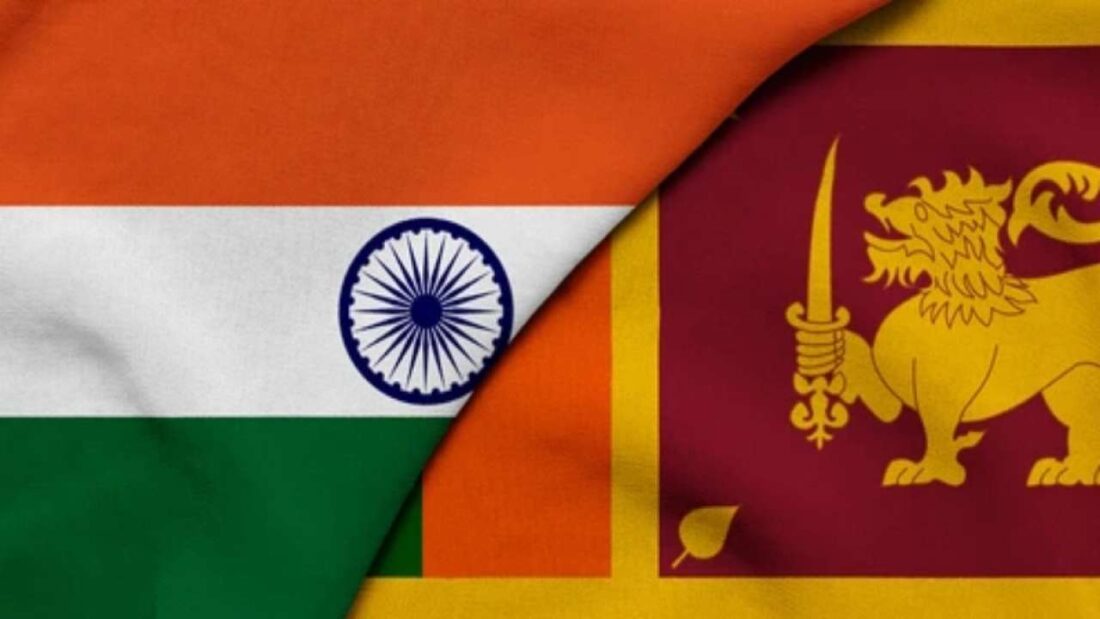The ongoing Sri Lankan economic crisis coupled with a $51 billion debt default has proven beneficial for Indian exporters.
While the Sri Lankan crisis opens doors for Indian tea and textile exporters, India may face challenges filling global supply gaps.
Furthermore, the pandemic severely hindered what has been Sri Lanka’s long-standing strength – tea and textiles exports.
Sri Lanka’s deepening crisis
Sri Lanka exports nearly 17% of tea, and over 50% of overall exports constitute apparel and textiles.
The ongoing Sri Lankan economic crisis with power cuts needing international aid increased challenges for Colombo to continue with exports.
While the pandemic is an additional factor, the lack of foreign exchange to buy fuel worsened the crisis.
Additionally, the Russian invasion and soaring crude oil prices only added to the Sri Lankan crisis.
As a result, global buyers are seeking alternative suppliers.
Can Indian exporters become alternate suppliers?
As per tea exporters, India is capable enough to capture countries with markets importing orthodox tea.
Furthermore, the Sri Lankan crisis proved beneficial as it opened markets like China, Canada, Turkey, Iraq, and the US.
Now, India aims to work on methods to tap into the supply gaps.
India is also working on alternative payment mechanisms to trade with sanction-hit Russia and Iran markets.
In addition, they are marketing and holding brand promotion activities in North American countries and Europe.
What does the demand for Indian exporters include?
As per India’s textiles secretary U.P. Singh, some order confirmations have come through at Tamil Nadu’s Tirupur textile cluster companies.
Additionally, various Indian exporters have inquiries from the European Union and the UK primarily for woven items, baby garments, and T-shirts.
Furthermore, a surge in demand comes from the UAE, Latin America, and Australia.
What are the challenges for Indian exporters?
While Turkey imposes a 145% import tariff for tea, Sri Lanka maneuvered around it by building a packaging plant in the country.
However, Indian exporters may face the challenges of high tariffs as it has no agreement with Turkey.
Indian exporters will face high cotton prices while exporting textiles, and limited ports open to receive shipments adds to the challenges.
Furthermore, the Indian Government withdrew the basic customs duty of 5% on cotton imports.
However, they are likely to reduce the prices as raw material costs are soaring worldwide.
Will Indian exports be long-term?
As Mint explains why the Sri Lankan crisis benefits Indian exporters, they are unsure if the gains are permanent.
In some western countries, the import duty is as high as 9-10% on Indian textile exports.
Nevertheless, India secured duty-free access for its textile imports in a recent FTA with UAE and Australia.
Furthermore, India may sign FTAs with the UK and the EU.
Moreover, India is supporting companies through its production-linked incentives schemes to gain a larger share of the international market.
Lastly,
While the Sri Lankan crisis may benefit Indian exporters, it is essential to find a solution to the crisis.
Also Read – India finds ways to help Sri Lanka amidst geopolitical crisis

3 Comments